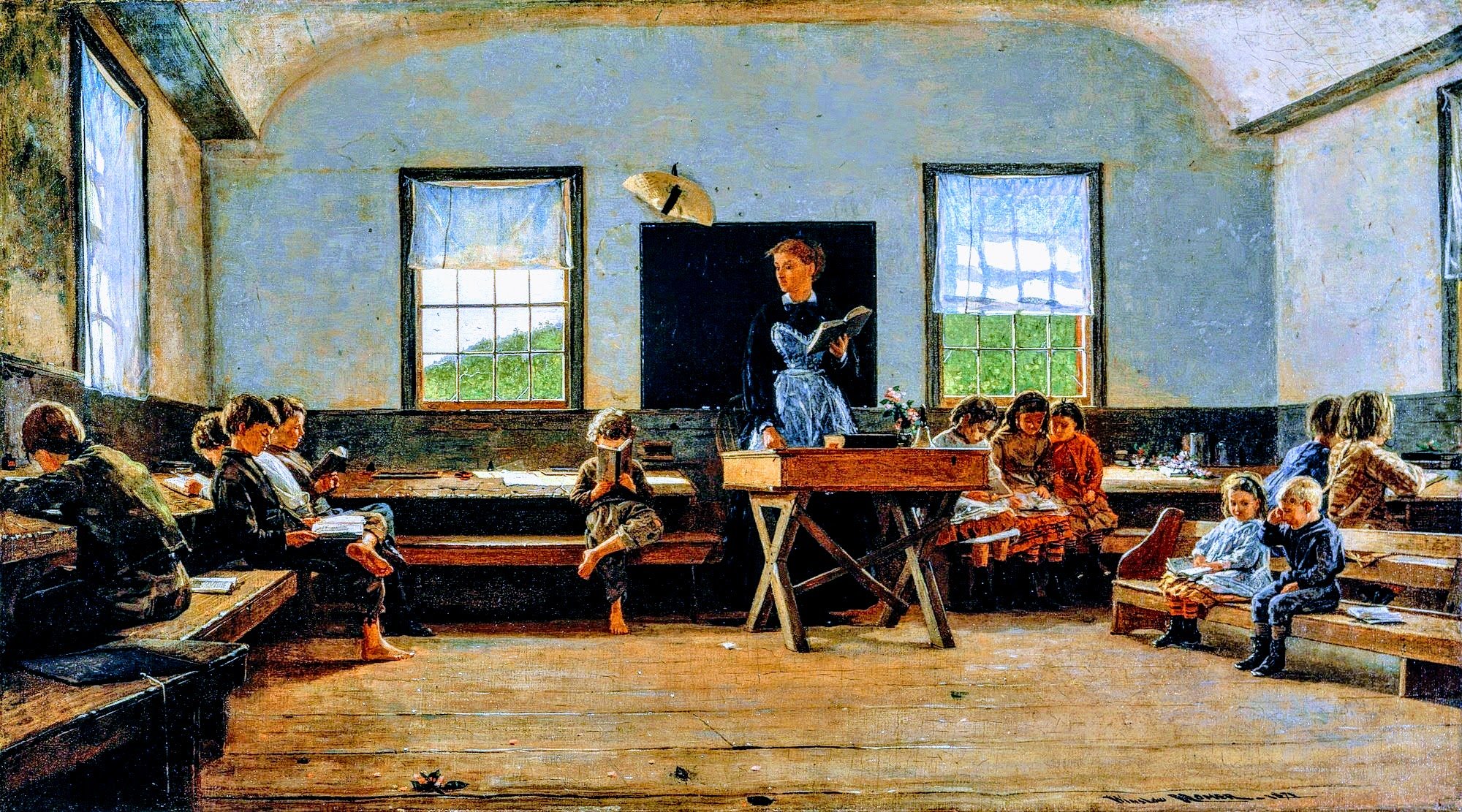Youngest kids, older kids, who are the smartest kids? Many parents believe that being older means having a more competitive edge, so they resort to redshirting. "Redshirting" is the name of the relatively increasingly prevalent practice of holding young children for an extra year before entering kindergarten. In 1968, 4% of kindergarten students were six years old. By 1995, first- and second-graders who were held back grew to 9% and increased even more to 17% in 2008. The logic behind this yearlong delay is rooted in athletics.
Bigger and stronger athletes tend to perform better, so it might be a good strategy to bench the youngest and weakest ones for a year. This idea was popularized by Steven D. Levitt and Stephen J. Dubner in their book "Freakonomics." In it, they mentioned that in any group of students, elite soccer players are more often than not born in the earliest months of the year, in which they have the advantage of being older, bigger, and stronger.
At first glance, redshirting seems to make sense at the academic level, as well. After all, a child's brain develops at a fast pace. In fact, the gap between a 5-year-old and a 6-year-old is much more significant than between a 25-year-old and a 26-year-old, for exampel. So the assumption is that an additional year of growth can allow older kids to achieve better than their younger classmates. Harvard sociologist Hilary Levey Friedman said, "Especially for boys, there is thought to be a relative-age effect that persists across sports and over time."
However, it's more competitiveness than real concern about children's readiness that drives redshirting. A lot of parents want to redshirt their kids not because they seem young and immature but because they hope that this extra year will afford them an edge over their peers, which is an understandable approach in a competitive school environment. The problem is that the data doesn't confirm this assumption. While previous studies have argued that redshirted kids achieve better both socially and academically, more recent research suggests that the opposite may be true. Some of the youngest students, who barely make the age cutoff but are enrolled anyway, ultimately end up on the top instead of their older classmates.
A group of economists who followed children born in Norway between 1962 and 1988 (until the youngest turned eighteen in 2006) found that students who started school a year later got IQ scores significantly LOWER than their younger classmates. In a 2008 Harvard University study, researchers found the same patterns in the US. Surprisingly, the delayed age of entry resulted in decreased completion rates for both high school and college students, with an increased gender gap in graduation rates (men falling behind women) and higher socioeconomic differences.
Altogether, the benefits of being older and more mature may not be as significant as the benefits of being younger than your peers. In a 2007 study, the economists Elizabeth Cascio and Diane Whitmore Schanzenbach discovered that relatively more mature students didn't have an academic edge. In fact, from the end of kindergarten up until middle school, they achieved even less in multiple respects. They scored significantly worse on achievement tests, both in kindergarten and middle school, and were also less likely to take college-entrance exams. On the other hand, their less mature classmates, in striving to catch up in the classroom, ended up surpassing them. Indeed, younger students seem to benefit from having older peers around.
Of course, being bigger, taller, stronger, smarter, and more mature are great advantages in the short term. Older kindergarten kids perform better on tests, have better teacher evaluations, and behave better socially. However, after that early boost, their performance takes a nosedive. By the time they get to eighth grade, disparities have largely evened out, and by college, younger students regularly outperform their older peers - year after year. Why?
The explanation comes back to the relative difference. People who are always stronger and smarter may more likely become bored, thinking that everything - learning included - should come easily. So there is no need to really strive to overcome obstacles. But if you are among the youngest and weakest, you are constantly forced to reach and overcome your limits. So, unlike in sports, where physical attributes play a big role, a child's relative immaturity can turn into an advantage at school. Younger kids learn to compete with what they have, using their dedication and persistence instead of the physical attributes they don't have (yet).
In summary, the choice between redshirting or not is the choice between giving your child a maturity advantage or a challenge. More advanced growth can have benefits, but learning early to overcome difficulties also has some powerful and long-lasting benefits: developing a crucial quality that psychologist Carol Dweck calls the "GROWTH MINDSET" and psychologist Angela Duckworth calls "GRIT" for one.

Picture: The Country School, by Winslow Homer (Wikimedia Commons)



